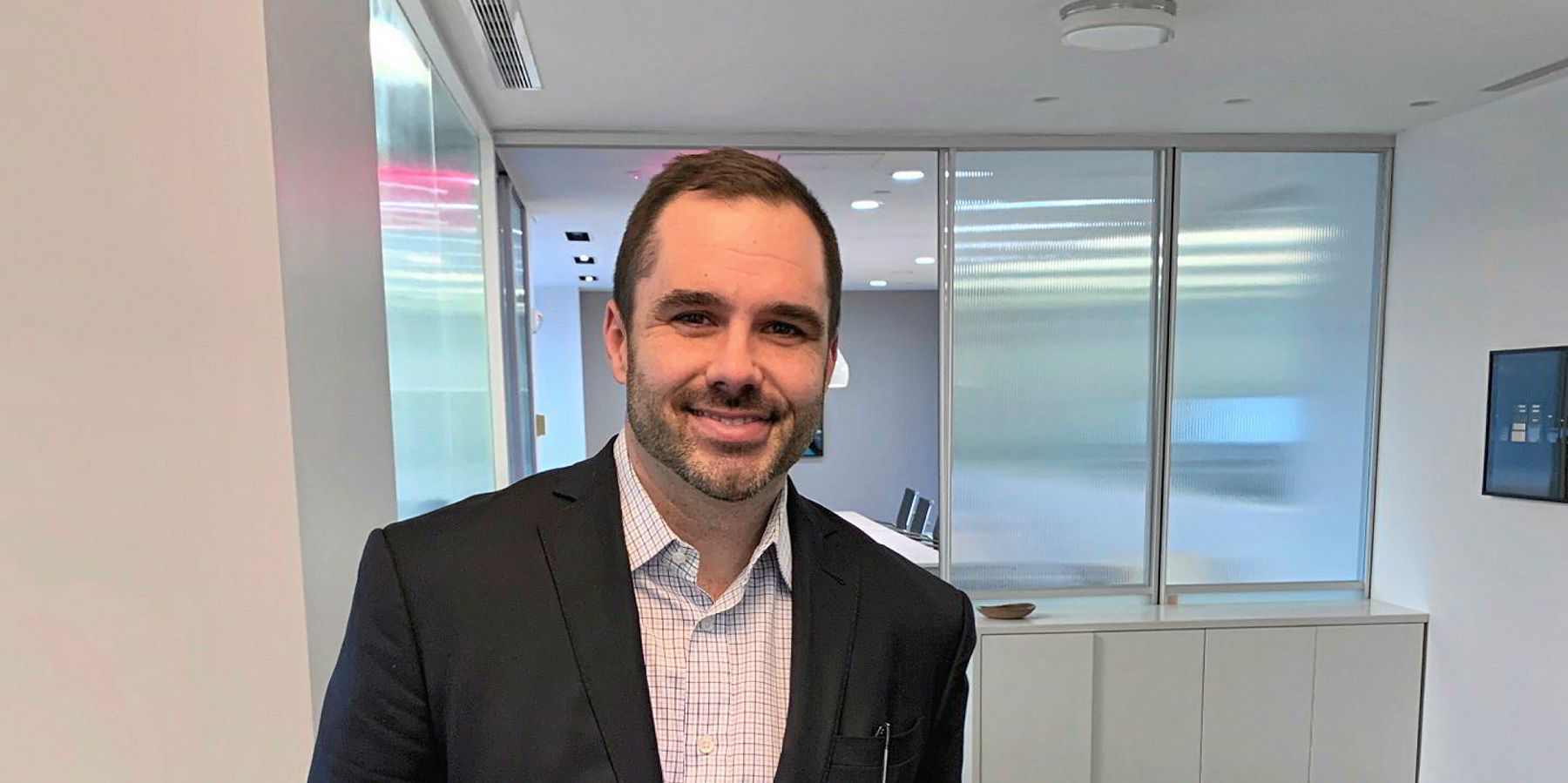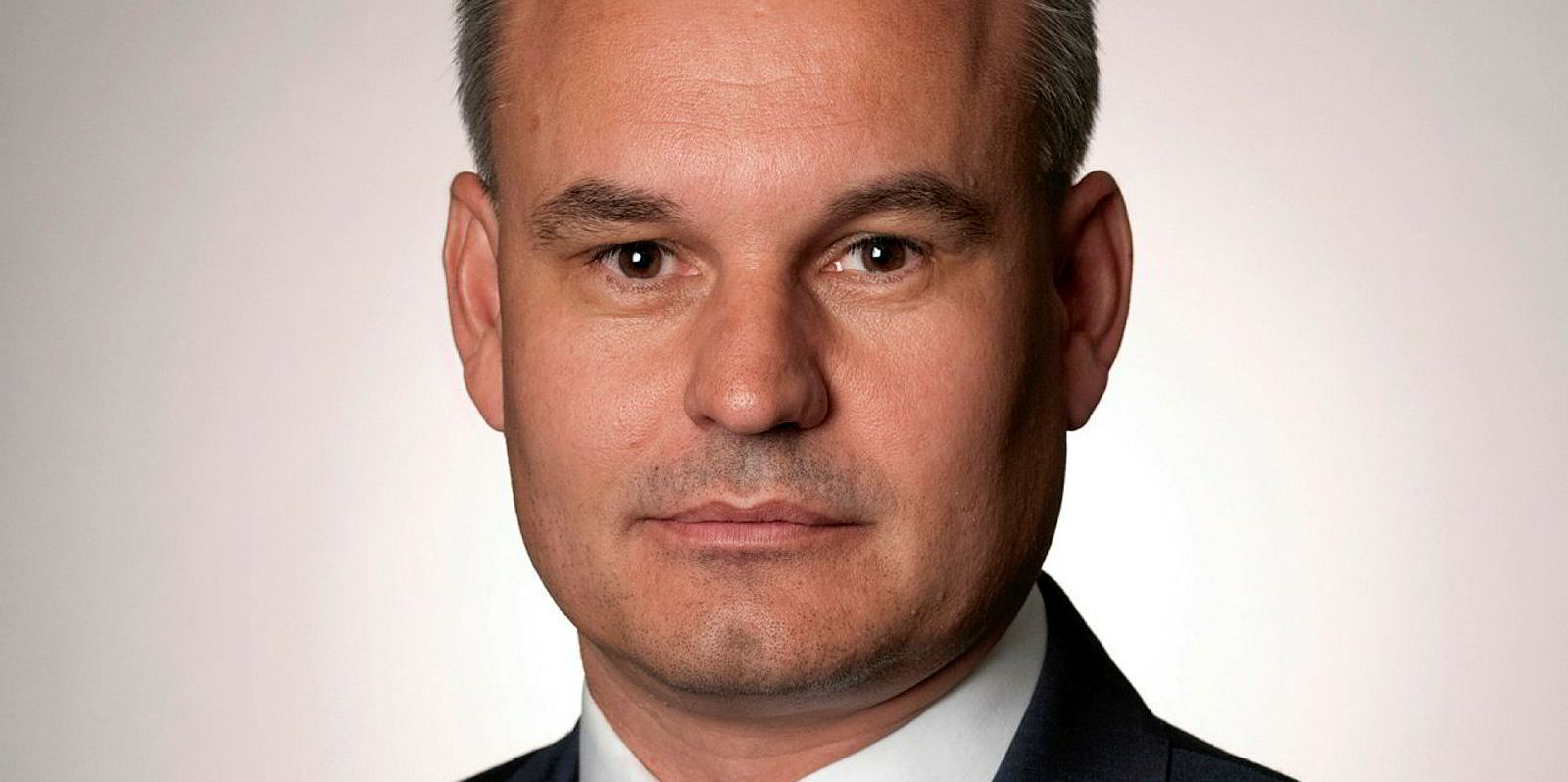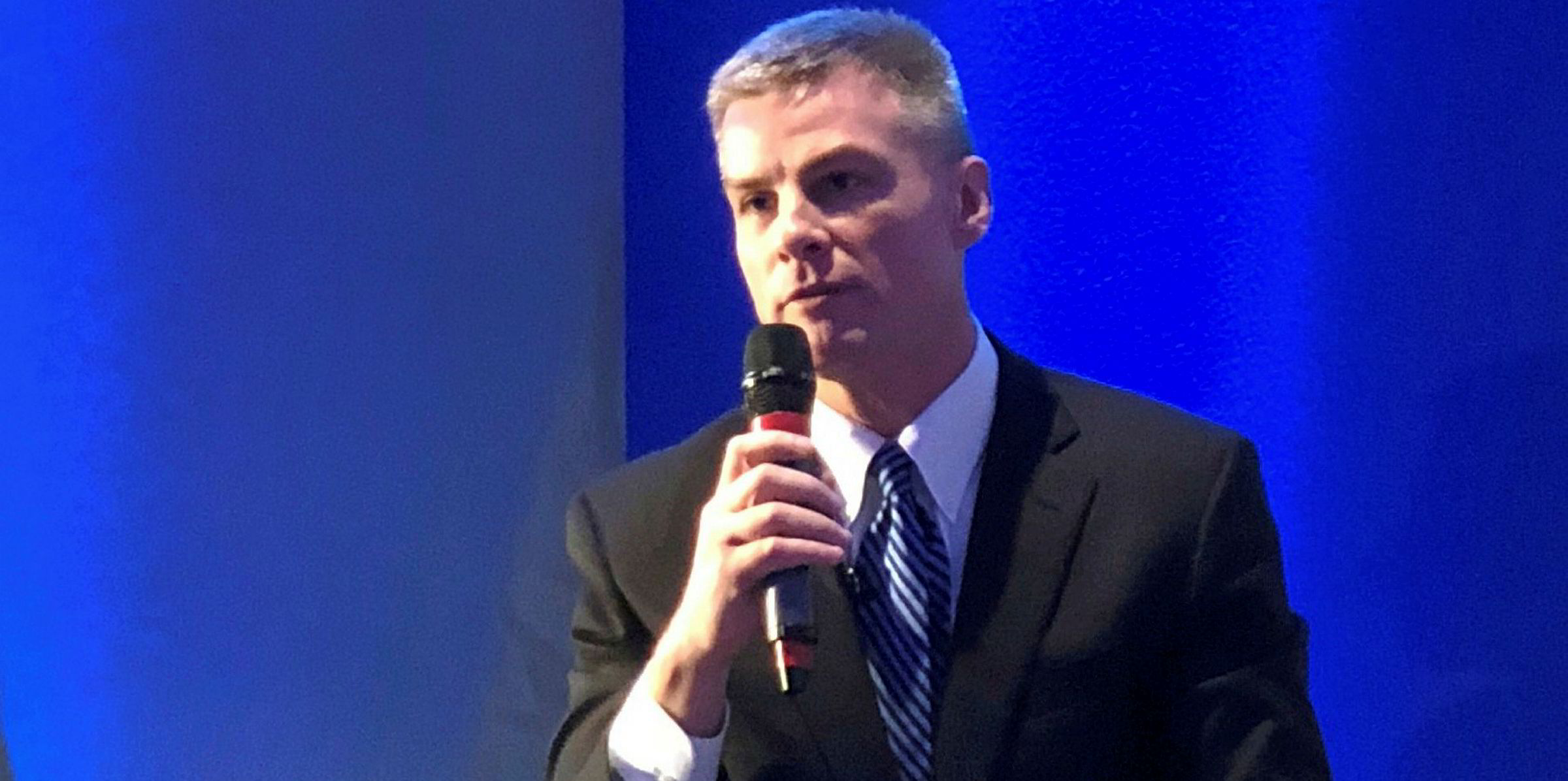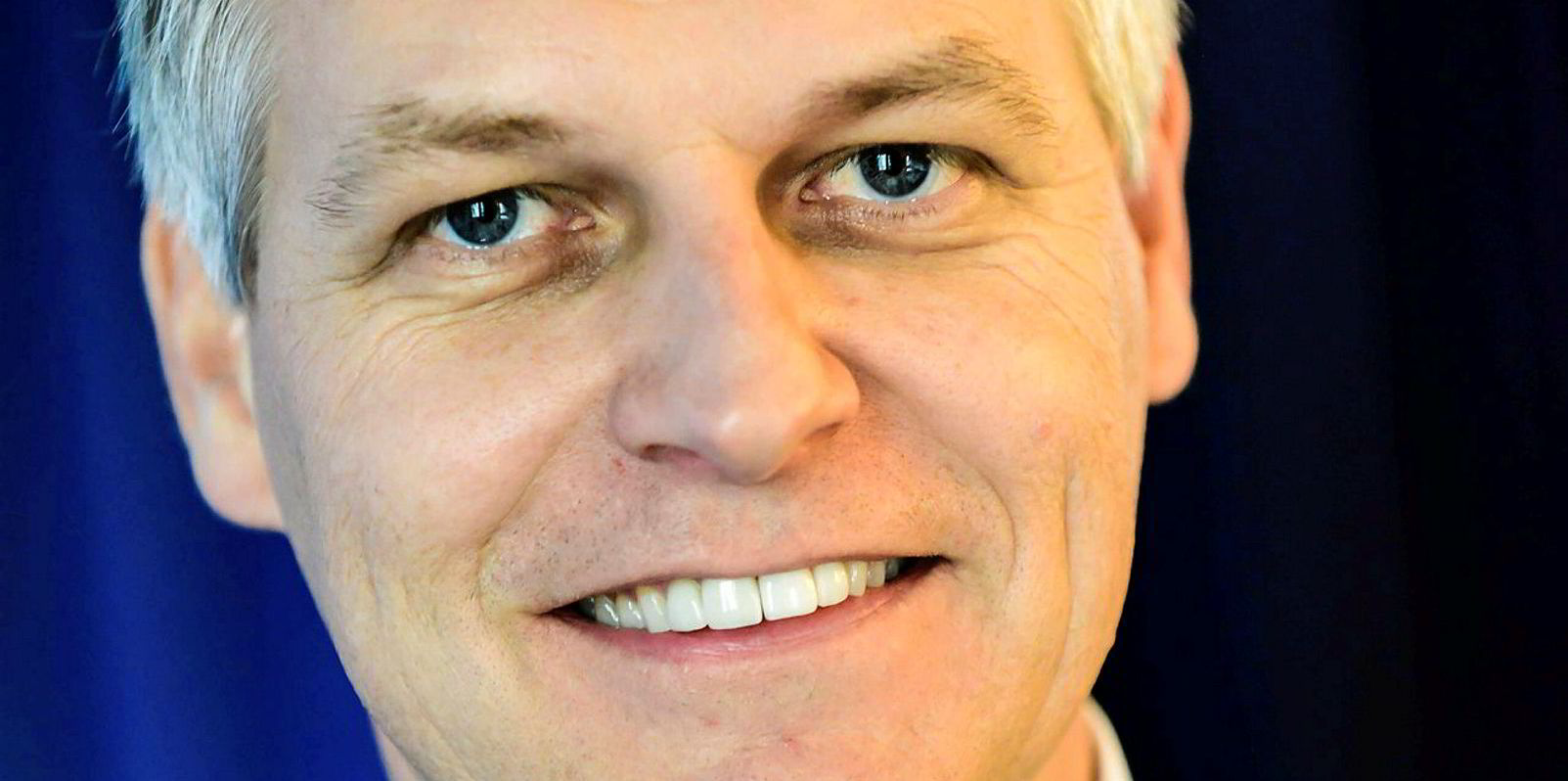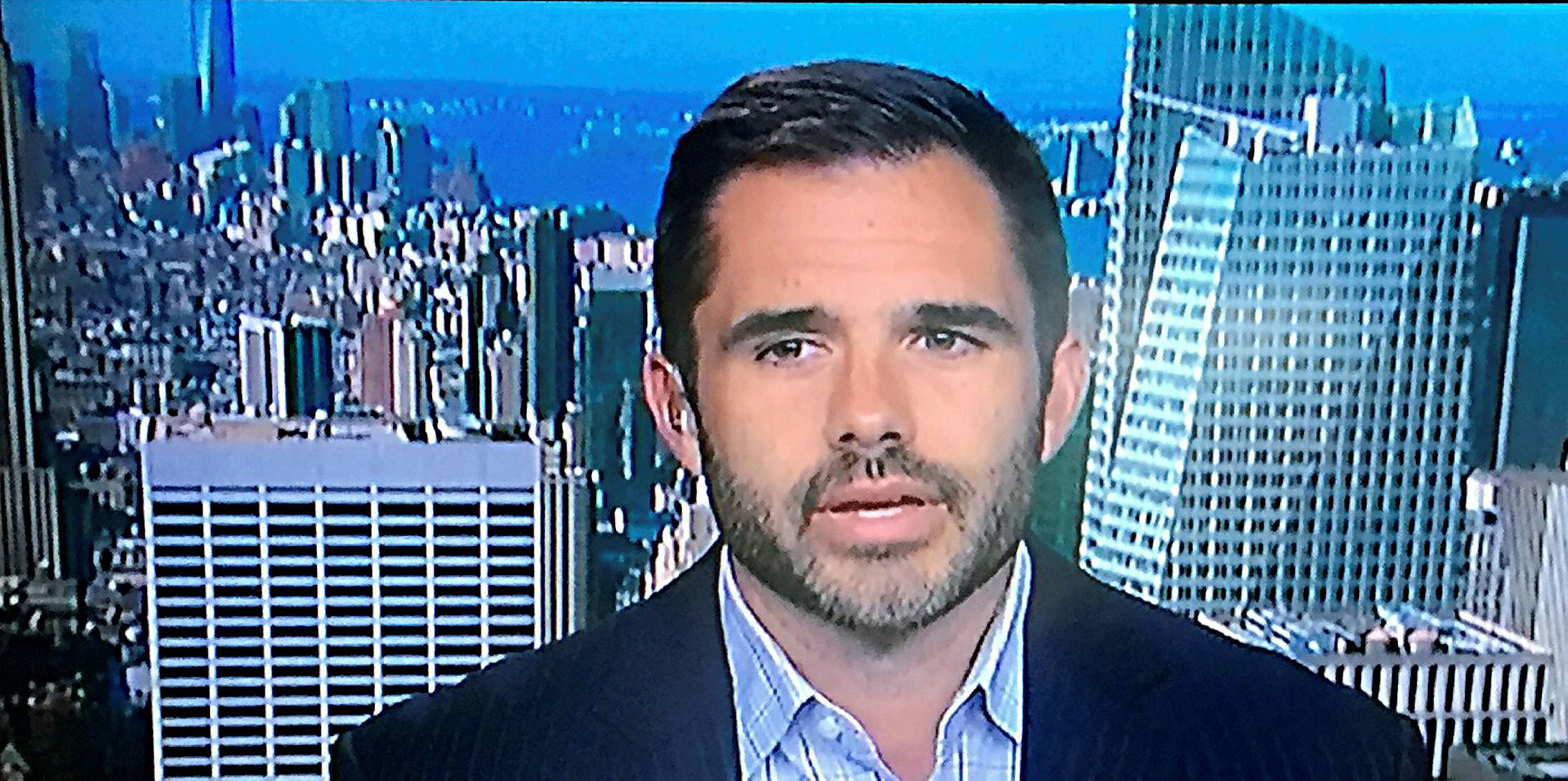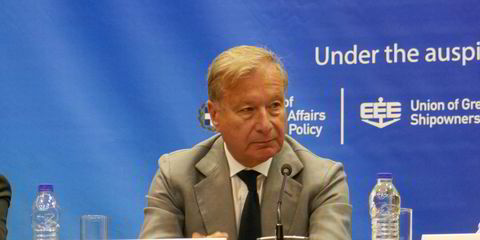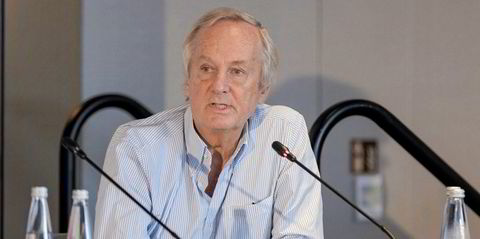The Teekay group has come under continued and prolonged fire over a controversial distribution rights swap during two conference calls following first-quarter results.
Analyst Michael Webber, an outspoken critic of the internal deal, repeatedly pressed management over how they arrived at a $123m valuation for Teekay Corp's incentive distribution rights (IDRs) in spin-off Teekay LNG Partners that were cancelled in return for shares.
IDRs award a general partner a greater share of the profits of a partnership as revenue increases.
But the sticking point for analysts is that the Teekay LNG IDRs appeared to be two to three years away from paying out any money to Teekay Corp.
During the Teekay Corp conference call, Webber, managing director of Webber Research, reached for a golfing analogy to highlight his concerns over the transaction.
He compared it to a Canadian golfer — "nice enough, you know, normal golfer, a little annoying" — who makes par during the front nine, but then "the wheels start falling off, so double bogey, triple bogey, triple bogey, really kind of scrambling".
The golfer turns it around and can still make par on the final hole, but then he "decided to take a gimme on the tee box".
Shot never played?
The implication is that the golfer never has to take the crucial shot, and Teekay never has to "actually put up the distribution growth. This just kind of assumes he's going to get it and they get a big cheque", Webber said.
He added: "I guess the question is, why not actually deliver on the distribution growth if it’s that inevitable before taking out the IDR? There's nothing that points to an accretion or a quantitative benefit at the daughter level from this."
Teekay built its holding in Teekay LNG to 42% by swapping its IDRs for 10.8m new shares, in a transaction it said removed "uncertainty" for other investors.
Teekay Corp chief executive Kenneth Hvid said: "The perspective we came in with is that over the past several years there's been a lot of investor focus and push to address IDRs across the MLP [master limited partnership] space and we had many of our investors relate to us that TGP [Teekay LNG Partners] was basically un-investable until the IDRs were removed."
Independent valuation
He explained the valuation was determined through a thorough and robust process by a Teekay LNG Partners conflicts committee comprised of independent board members.
"They reviewed and negotiated the transaction on behalf of TGP [Teekay LNG Partners]. The TGP conflicts committee appointed their own independent financial legal advisors to assist them with the process and that was a process that took several months and we were not part of that process from Teekay management side," Hvid added.
The company argued the IDRs had value due to stability of the Teekay LNG cash flows, and the fact that the MLP has continued to de-lever its balance sheet and increase its distribution capacity over time.
Webber pressed again and again on the methodology.
Hvid responded: "We're giving out guidance in terms of what those cash flows will be. We also have a clear path on de-leveraging the balance sheet. So we think that visibility was clearly taken into account by the financial advisors that the conflicts committee used."
He added: "We’re not privy to that work that they did, but they clearly got comfortable with the valuation that the transaction was conducted at."
Webber then asked if there was a presentation showing the process.
Chief financial officer Vince Lok answered: "No, it's an independent process. So, you know, to protect the independence of that, that's not shared with management. It's only shared with the conflicts committee."
Figure plucked out of the air?
Webber responded: "So, no idea whatsoever? You know they could have picked it out of thin air, but you wouldn’t know because it was done through the conflicts committee, theoretically?"
Hvid responded: "They clearly look at the outlook for the business and the cash flows and what this business can do, and that's obviously what goes into the evaluation. But as we have said a couple of times now, the conflicts committee does not share their work with management."
He said the outlook for Teekay LNG is very strong and there is "clearly a lot of dividend capacity".
"The starting point in any of these companies is obviously whether we have the underlying cash flows or not and that's essentially what this management team has been focused on and they've been focusing on strengthening the underlying business and de-risking the company so that we have that cash flow certainty and that's clearly what's gone into the valuation of the conflicts committee here," Hvid added.
Teekay LNG bosses quizzed
Webber then moved on to the Teekay LNG call, on which he asked chief executive Mark Kremin about the deal.
Kremin said the evaluation process would not be revealed and added every investor had told him the IDRs represented the biggest uncertainty about the company.
He said he was not "trying to brush off" the question.
Webber then asked: "So you commit to the deal before you have any idea what the price is basically? It goes into independent committee and you have...no say over [it] from that point on?"
Kremin said: "To some extent that is correct."
Webber said the message on the earnings calls had been about de-levering debt, with the company telling investors not to expect significant distribution growth, yet it is still going to spend $123m on IDRs that are "so far out of the money that we have no idea whether there's going to be any real value to them."
CFO Scott Gayton came in at this point, saying: "Maybe another way to think about it is we're sitting here right now with the coverage ratio of around four times and we do expect that this will be sustained well into the future.
Big backlog
"This isn't a spot tanker company as Mark says. You got 10-year contracts and $9.5bn [backlog]."
He added: "I think if we look at some of the other similar transactions, I think we can all admit that this one is rather unique."
Fearnley Securities said there was "unfortunately little substance and clarity around how that price tag was derived".
It added: "In our view it's just not enough to distance from the process, nor referring to investors' perception of IDRs. It still needs to be mathematically derived and benchmarked to similar transactions."
